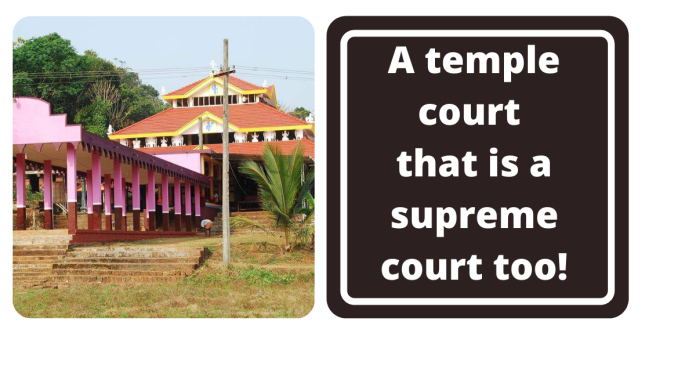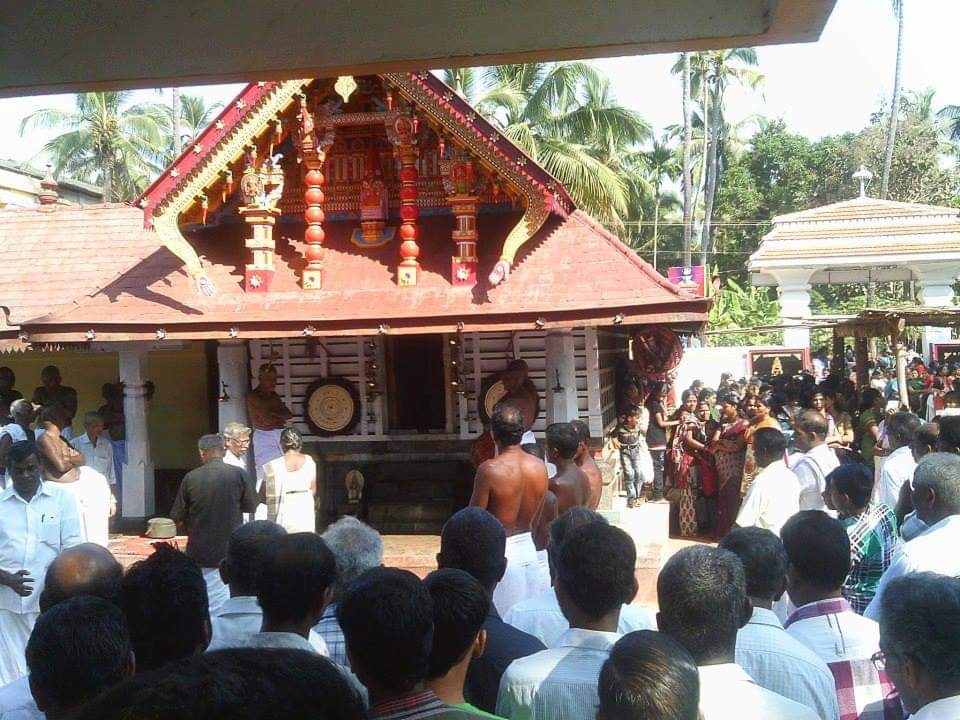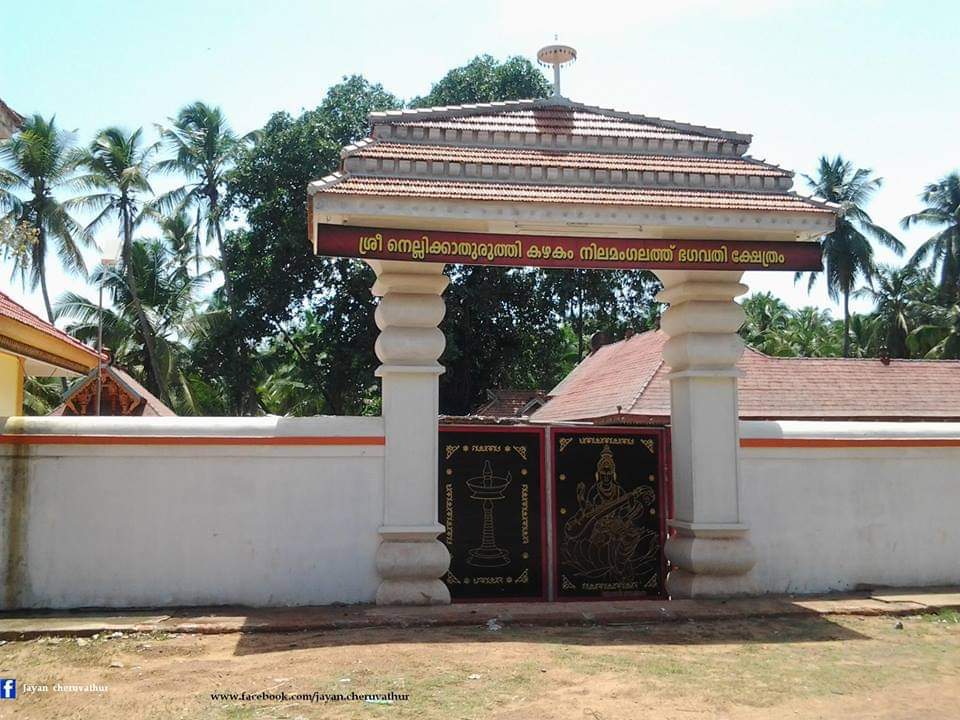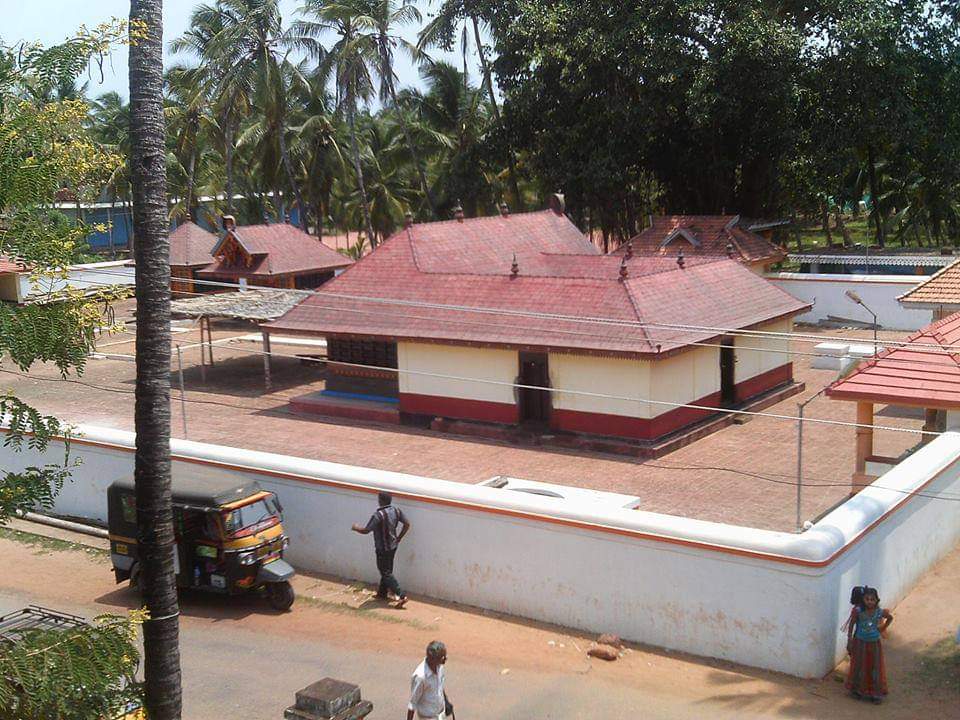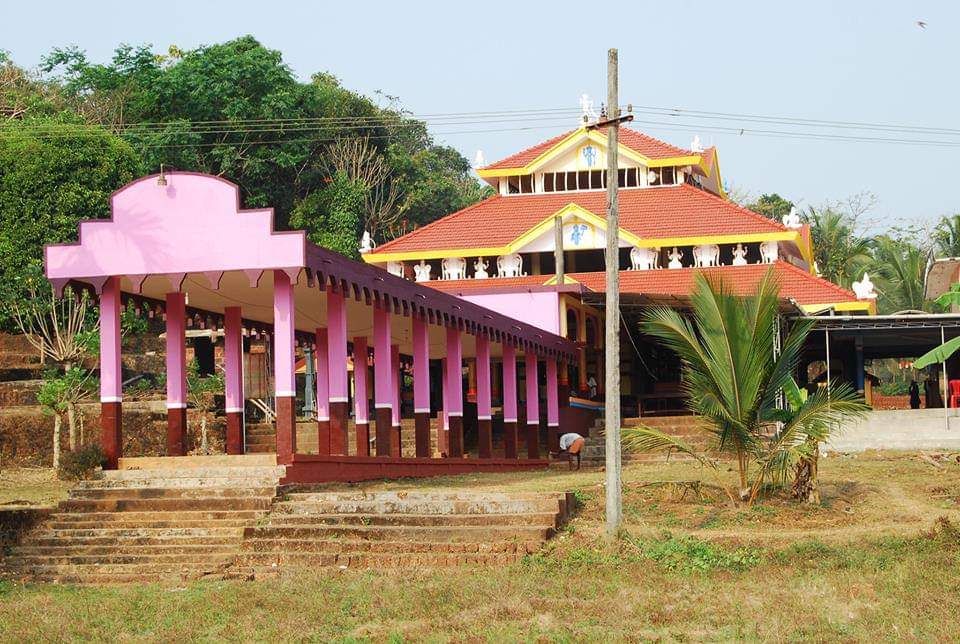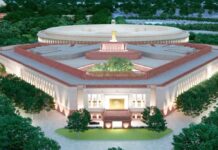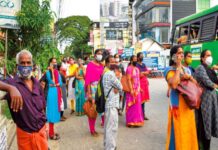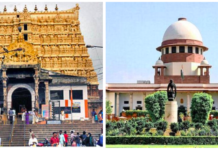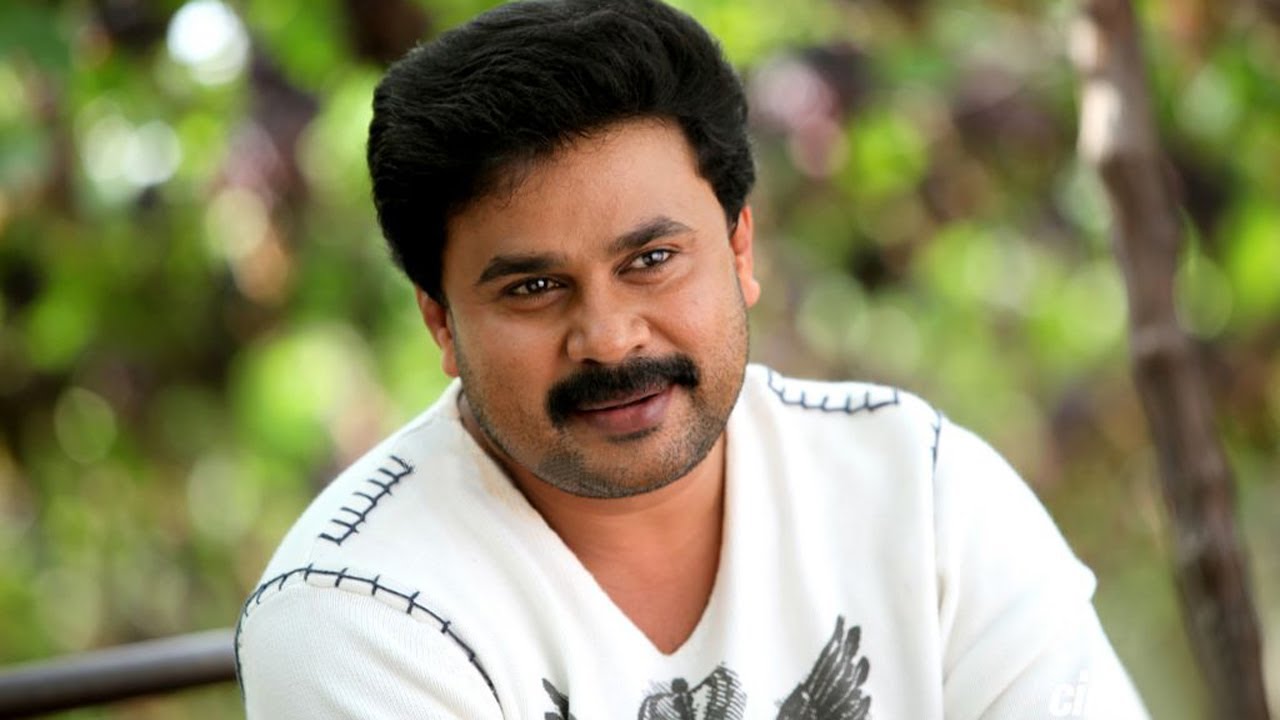While the Supreme Court of India is trying to find means to reduce the burden of pending cases, a ‘court’ that functions in a temple in Kerala is known to adjudicate on cases with ease and speed.
The Sree Nilamangalathu Bagavathi Temple at Thuruthi in the northern district of Kasargod has a court which always sits in ‘full bench’ strength comprising eight wise men called achans. They have a dress code too — bare chested, a monk-like tonsure and sit in two elevated platforms facing the sanctum sanctorum of the deity.
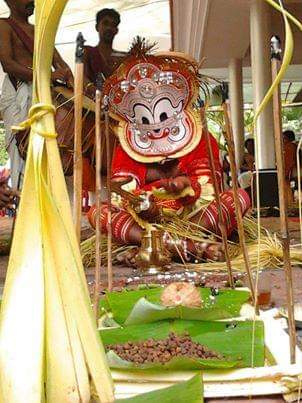
Like the judicial system in India, there are four lower courts that pronounce judgements. But the court at the temple in Thuruthi functions as the supreme court. The verdicts pronounced in the lower courts can come in appeal to the supreme court.
The Sree Nilamangalathu Bagavathi Temple is also part of the four Kazhagams — administrative seats — of the Thiya community in northern Malabar and doubles up as a community court.
“Sree Nellikka Thuruthi Kazhakam is the supreme court of the Thiya community in North Malabar,” Vinodan V V, a member of the temple’s 11-member governing council, was quoted in The New Indian Express. The decisions taken at the other three Kazhakams can be appealed here. “But the decisions taken at Nellikka Thuruthi Kazhakam are binding on the feuding parties,” said Vinodan, a member of the powerful governing council.
The Kazhakam has 4,500 families as members spread over Kanhangad and Nileshwar municipalities and Cheruvathur and Valiyaparamba panchayats. Nine different castes and the Muslim community have a stake in the temple and members of any of the communities within the temple’s jurisdiction can approach it for arbitration.
The decisions taken by the achans — who are more like a jury — have to be ratified by the judge, who is the most important achan of the temple. He is the person who takes the sword of the Bhagavathi out for procession on important days.
The Kazhagam has been holding court for centuries. Earlier, people used to frequently approach it to settle their personal and property disputes. Now, most of the cases are related to rituals and temples. Four years ago, a property dispute before the Kerala High Court was withdrawn after the achans of the temple ordered a solution.
“We have to hear the other side before taking a call,” said an achan. Summons is issued to the defendants if they do not turn up at the court. It is not an instant-justice court. The achans take a studied call and till now, no one has defied the Kazhakam, said one of the achans.
Ack: The New Indian Express






























